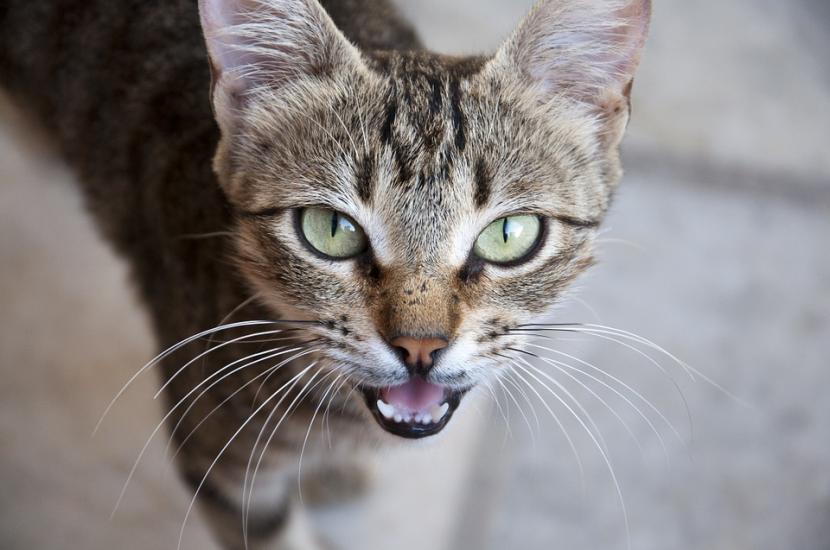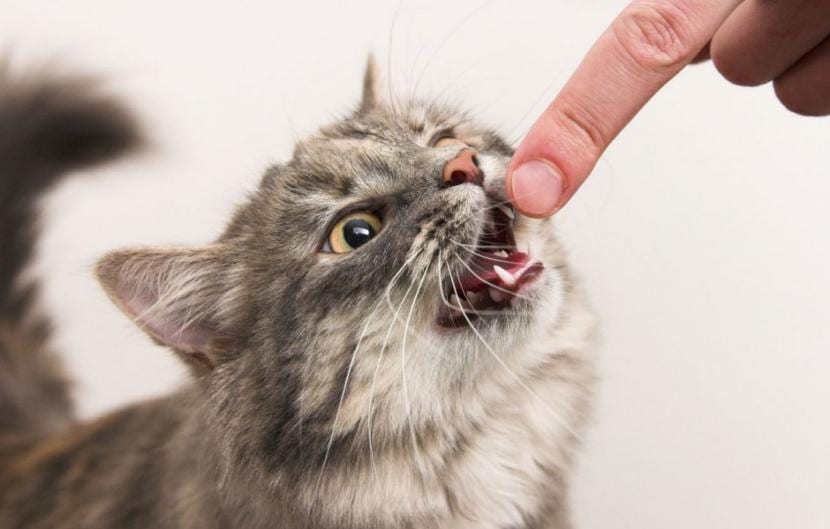
Cats, like us humans, can also have anxiety. This is a problem that often goes unnoticed, but nevertheless can seriously harm the animal and its environment.
To identify it, this time I will explain what are the symptoms, their possible causes, and also, you will know what you can do so that your furry can be calm again. Are you going to miss it?
Causes of feline anxiety
It is difficult to know what the exact cause of anxiety in cats is, since each furry is a different world and reacts differently to changes. What we can safely say is that these external factors can seriously influence in cat behavior:
- Move
- Changes in the placement of furniture
- Tense family atmosphere
- New family member (either pet or person)
- Harassment between cats or people to cats
- Abuse, physical and / or psychological
- Isolation from family
- Trips
- Health problems
As you can see, there are many, so it can take time to determine the cause of your cat's anxiety.
Symptoms of anxiety in cats
Regardless of what causes it, there are a number of symptoms that are common. They are:
- Loss of appetite
- Loss of interest in personal hygiene
- Can become passive and vigilant
- If it is threatened, it can become aggressive
- It will mark its territory, more than normal
Is there treatment?
The truth is that yes. Although there are ethologist veterinarians who can advise you to give anxiolytics, I recommend that you find out the cause and act on what it is. For example, if you suspect that someone in your family (has two legs or four legs) is harassing or mistreating your cat, talk to him and / or make him understand that he cannot do such a thing. Little by little the furry will calm down.

Cheer up.